Degenkolb agrees with plans to mortar Arenberg cobbles
German confident going into 2019 campaign after Tour de France stage win
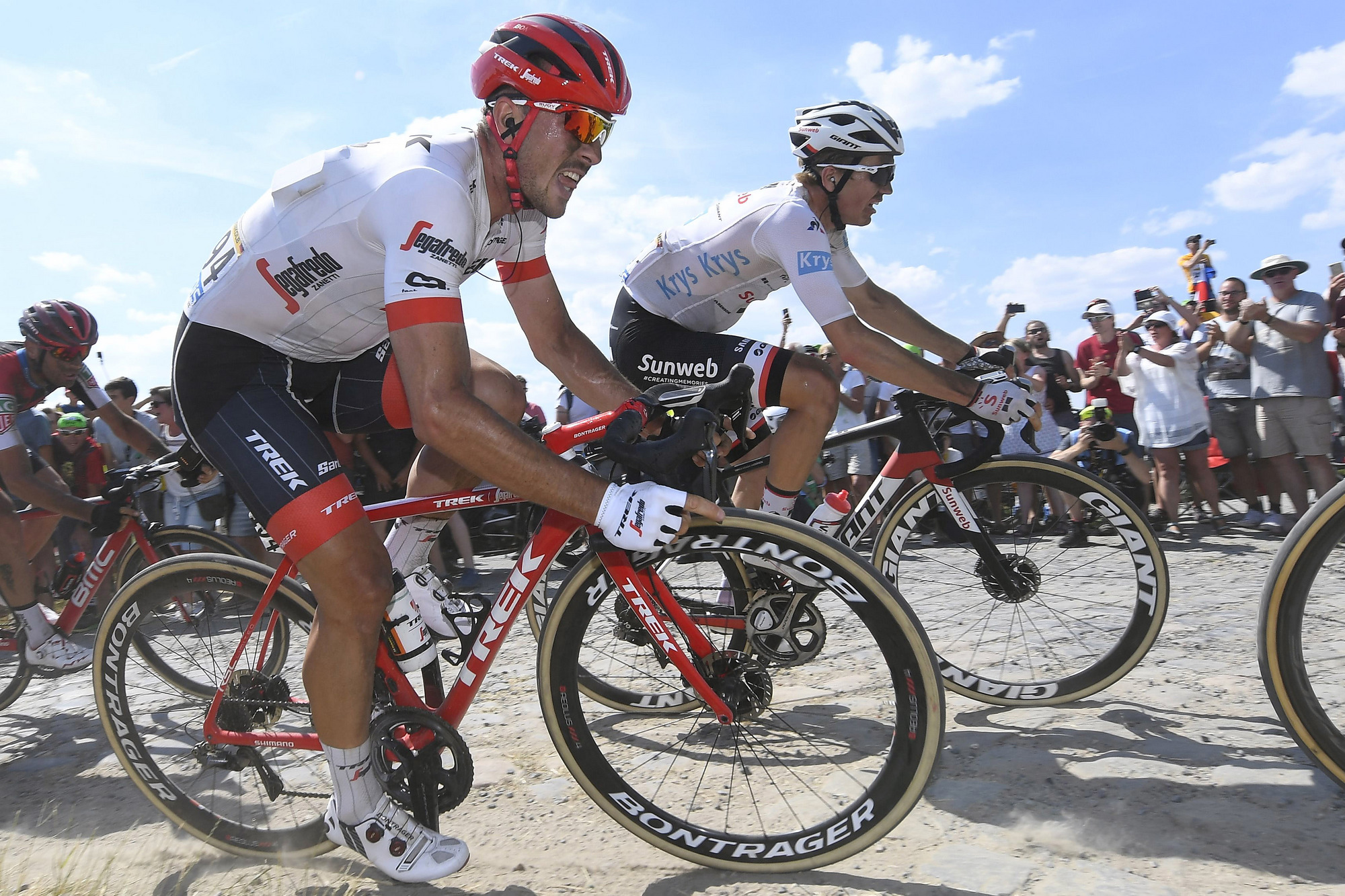
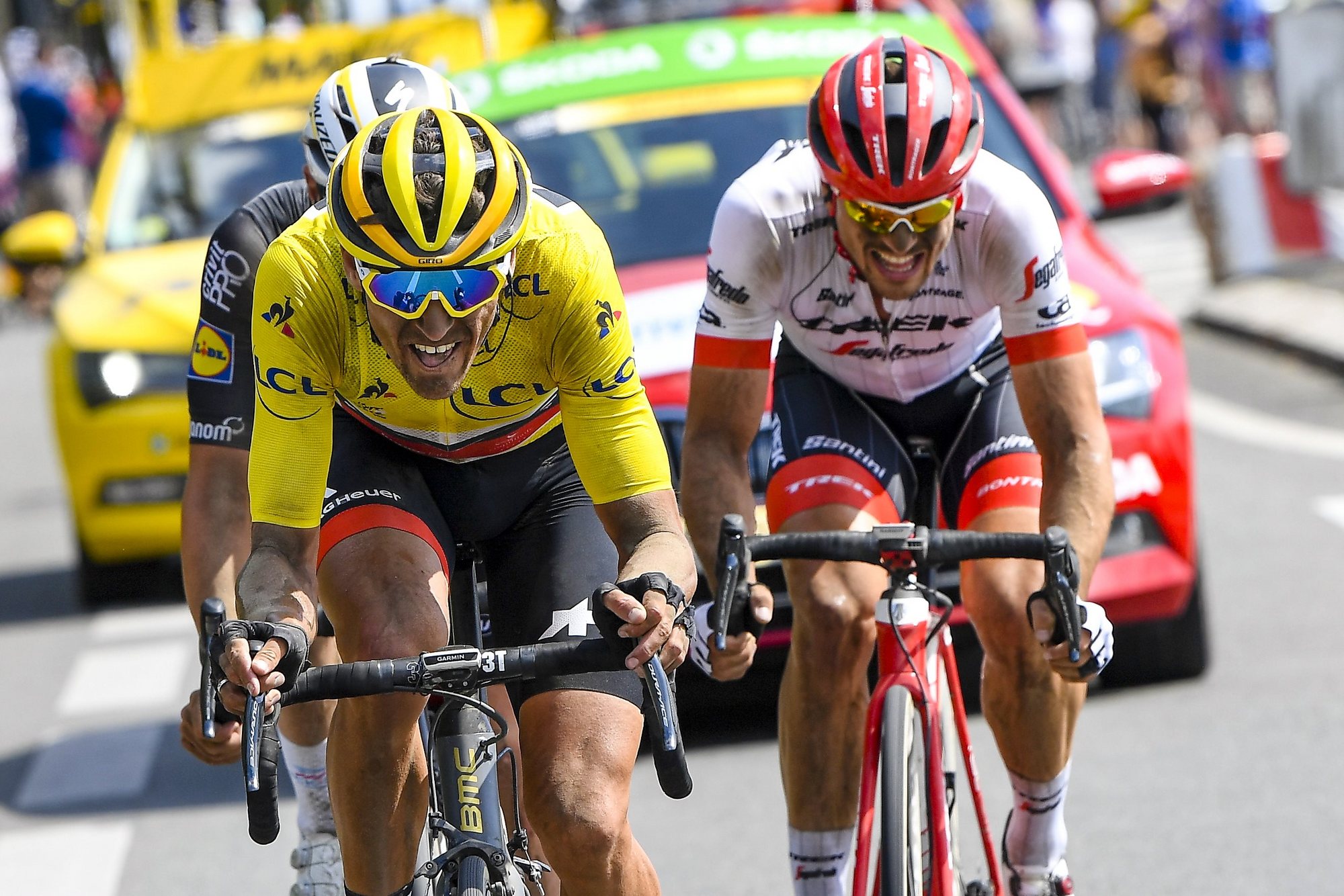
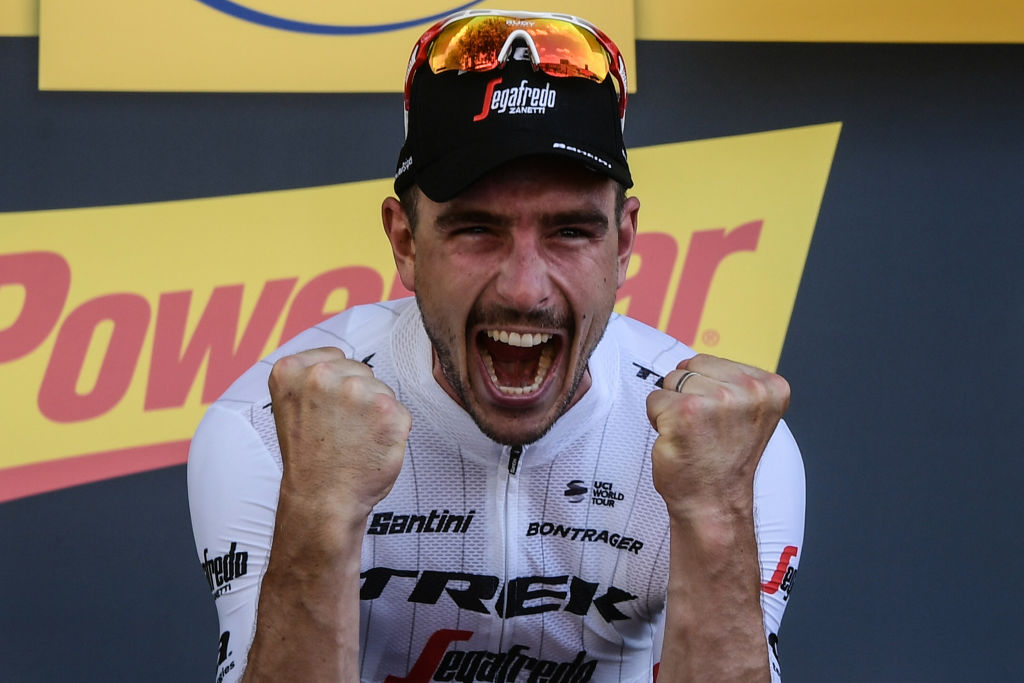
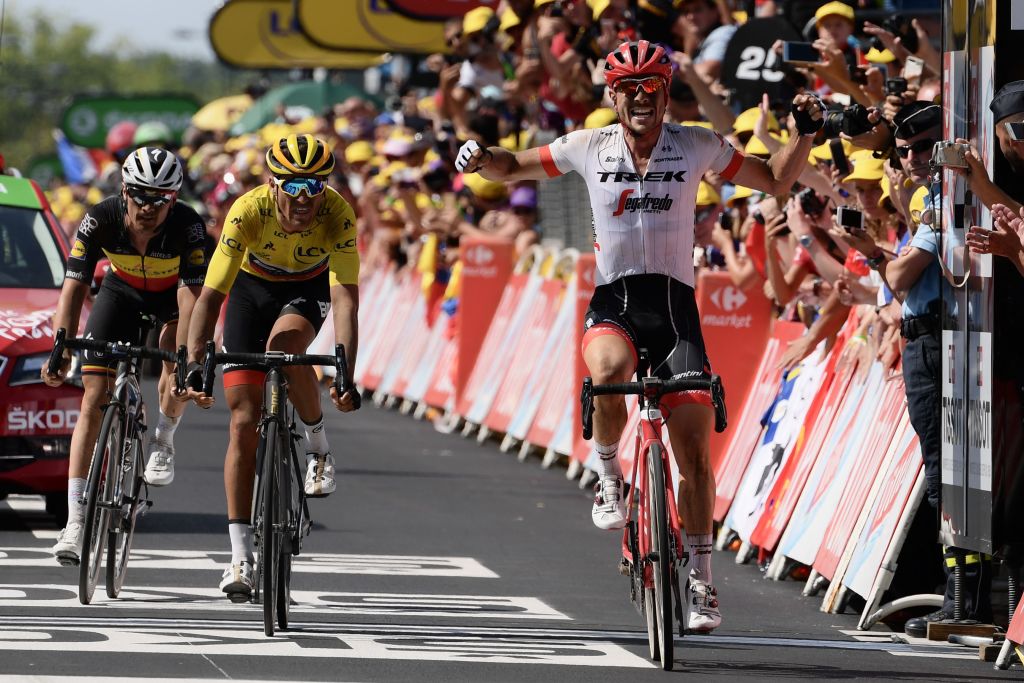
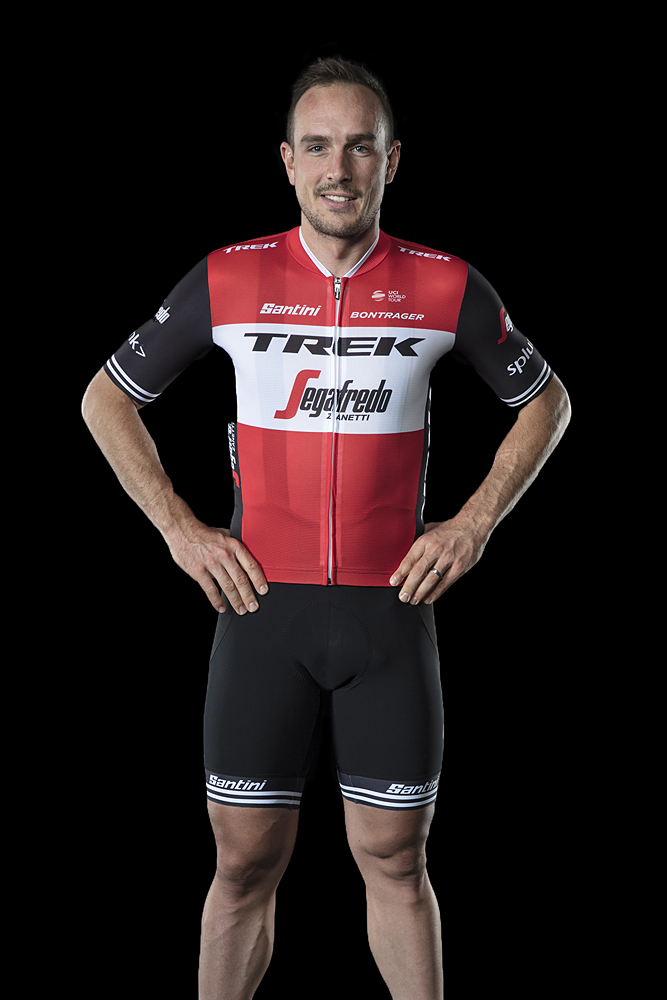
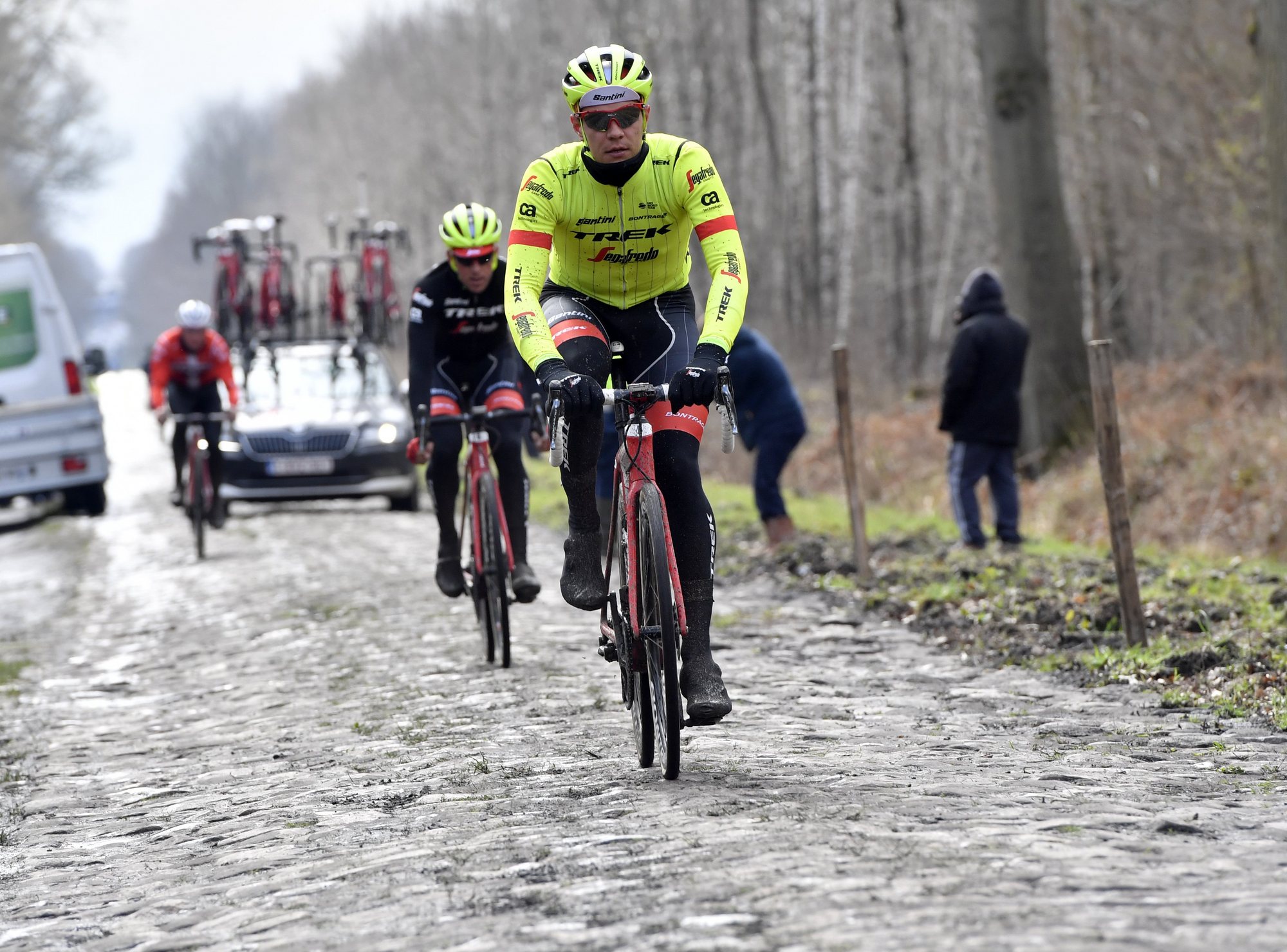
Former Paris-Roubaix winner John Degenkolb believes the proposal to fill the gaps between cobbles of the Arenberg Forest with mortar is the best way to safeguard rider safety.
Degenkolb, an ambassador for Les Amis de Paris-Roubaix – the volunteer group that maintains the cobbles for the race – says that putting mortar between the rough cobbles will allow the Arenberg to be ridden in all weather. Degenkolb won the cobbled stage of this year's Tour de France.
"I don't think it's a bad decision. When I read it, at first, I thought it's holy and you can't change anything there. In this forest, they can't use poison to keep the grass away so if you fill it up with the concrete you don't change the position of the stones you just fill the gaps.
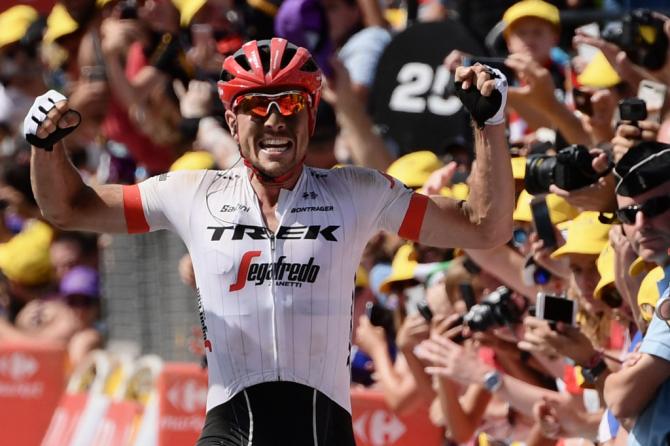
Full of confidence for 2019
Paris-Roubaix is once again set to be the climax to the first part of Degenkolb's season as he looks to re-find his winning form at the Classics.
The German goes into the 2019 season with a renewed sense of confidence after a breakthrough stage win at the Tour de France in July. A two-time monument winner, Degenkolb had struggled to get back to his top form after nearly losing his finger in a crash while training at a Team Sunweb camp in 2016 when a car on the wrong side of the road drove into the group.
"That was super nice to see that finally I had the feeling that there was nothing inside the whole system that slowed me down or breaks me somehow, like sickness or injury. That was so great to see and made me perform on that level again.
After a disappointing start to his spring campaign, which was hampered by illness at Paris-Nice, Degenkolb had to take a month off the bike following a crash during Paris-Roubaix.
The latest race content, interviews, features, reviews and expert buying guides, direct to your inbox!
"I definitely felt that I didn't have the level to compete for the victory but I was still there and I was improving from race to race and it was very challenging. In Roubaix, I was pretty okay, I don't know what I finished in the end [17th – ed] but it wasn't too bad. I crashed also and I damaged something in my knee and it took me another four or five weeks off the bike.
"We still have to decide what way we go to the World Championships. There is the possibility to, like normal, go for the Tour and try to win stages in the Tour. There's also the possibility to go a different way and maybe put a higher focus on the World Championships than we would do if you would go to the Tour de France.
Born in Ireland to a cycling family and later moved to the Isle of Man, so there was no surprise when I got into the sport. Studied sports journalism at university before going on to do a Masters in sports broadcast. After university I spent three months interning at Eurosport, where I covered the Tour de France. In 2012 I started at Procycling Magazine, before becoming the deputy editor of Procycling Week. I then joined Cyclingnews, in December 2013.